Comment
Insights and expert analysis on climate issues.
Share

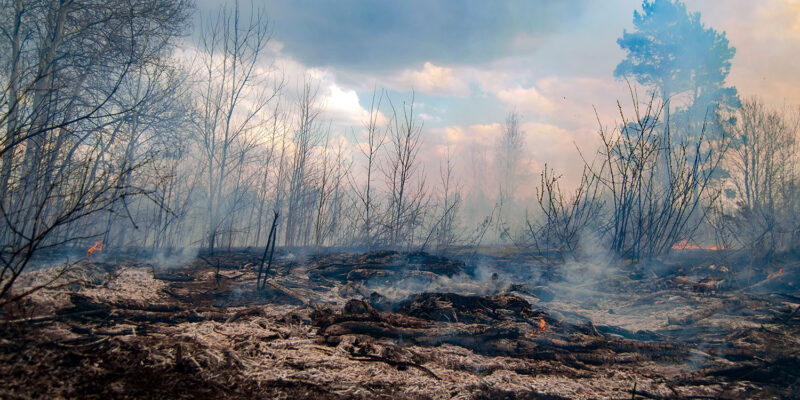
In this blog post, first published in The Conversation, our CEO, Bill Hare, analyses Australia’s federal election campaign and the global warming implications of the policies of the Coalition, Labor, the Greens and the “teal” independents.
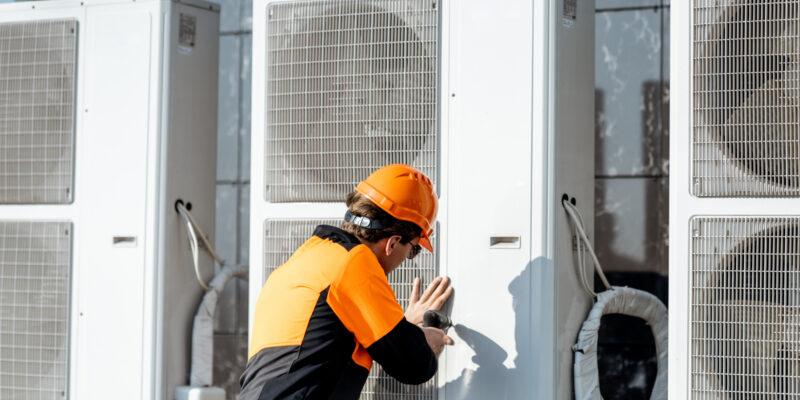
Europe has a plethora of tools at its disposal from heat pumps to induction stoves that can immediately increase energy security and cut emissions. Member states and European citizens only need to start implementing them.
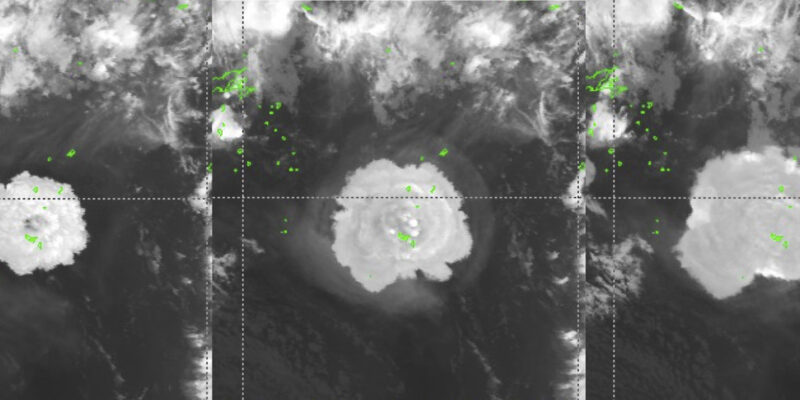
Small Island Developing States (SIDS) are incredibly vulnerable to intensifying hazards from climate change. But the challenges that SIDS face in adapting can only be understood by looking at how these impacts interact with other risks – not all of them environmental.

Adaptation to climate change got more attention than ever during COP26. How countries and communities adapt to the inevitable climate change impacts is very context-specific which needs to be reflected in the Paris Agreement’s Global Goal on Adaptation.
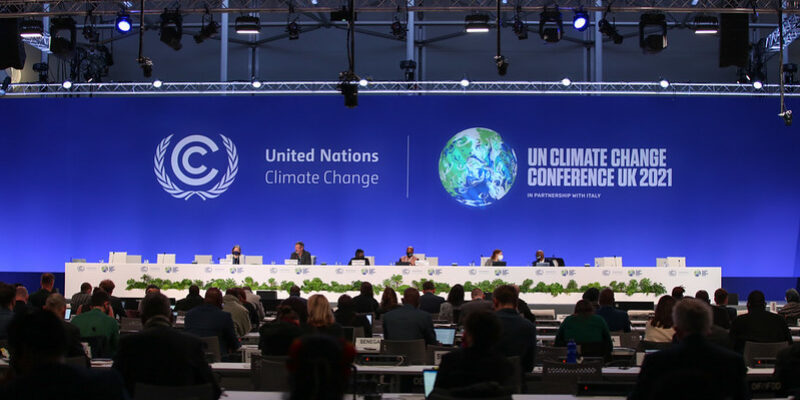
Facing the facts – the need for loss and damage finance can no longer be denied
Dr Olivia Serdeczny, Sneha Pandey
This article takes stock of the Loss and Damage negotiations at COP26, concluding that the need for developed countries to provide Loss and Damage financial support can and will no longer be ignored.
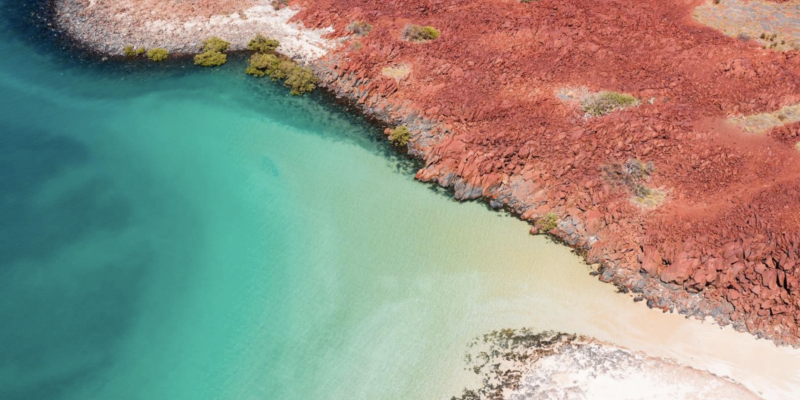
The controversial Scarborough gas project off Western Australia will cause a substantial rise in greenhouse gas emissions at a time when the world must rapidly decarbonise, new analysis shows.